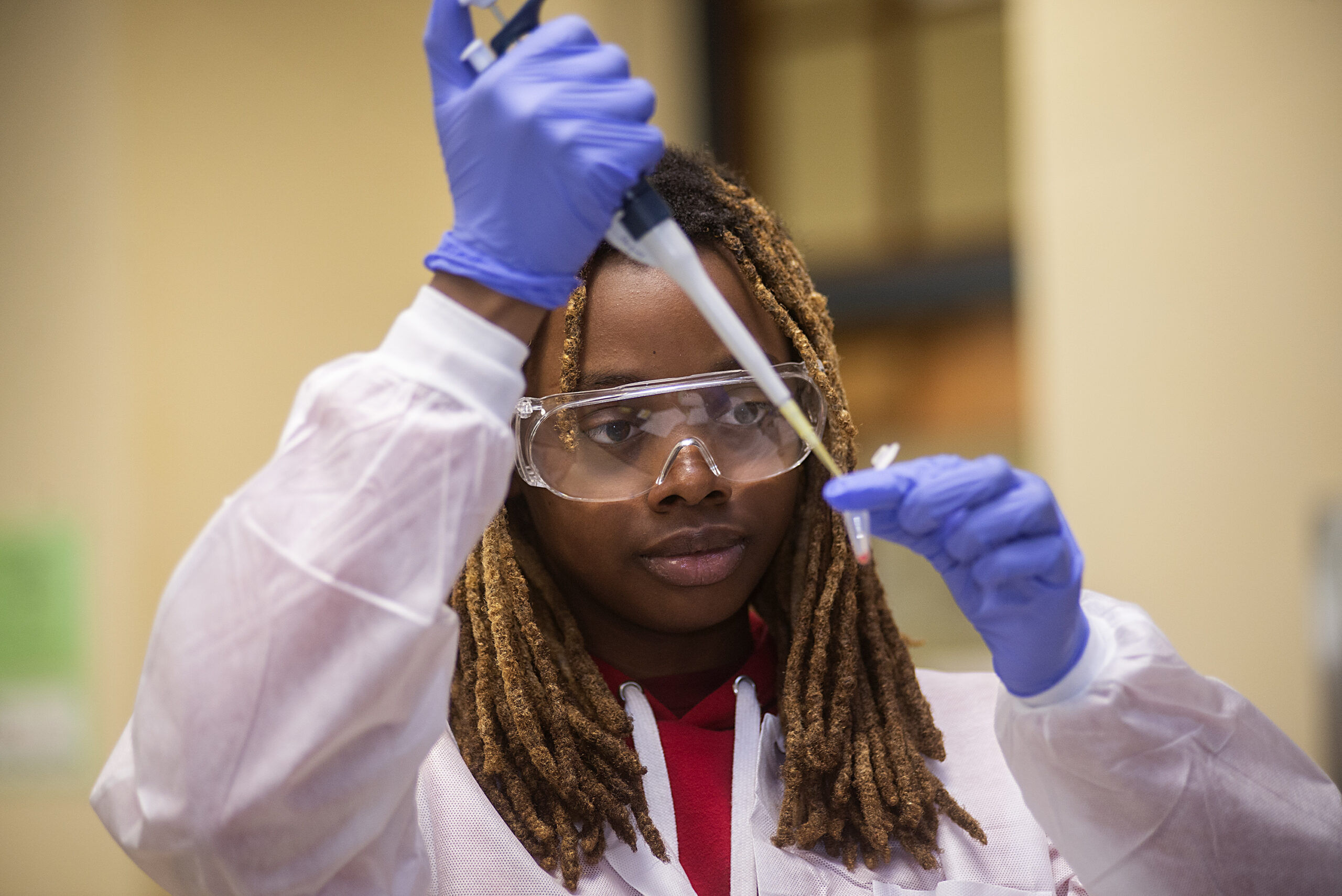Resources for Students
Reviewing career options can help you identify your interests and strengths, and map out future educational and professional choices.

Most people do not know their career plans or college major before starting college, but it is helpful to explore some ideas. Reviewing career options can help you identify your interests and strengths and map out future educational and professional choices.
The steps on this page can help you understand opportunities in life sciences fields like scientific research, biotechnology, clinical research, or biomanufacturing. After reviewing these steps, it will also be helpful to complete our Career Explorations Worksheet.
You can also check out career starters for tips on how to find a job in the life sciences when you are just getting started.

Choose an area that interests you
- There are many careers available in the life sciences, from research and laboratory work to IT/data science, manufacturing, and regulatory affairs. Explore the different career families to learn what they involve and the different careers each offers.
- Dive deeper by looking at career profiles. Learn what it might be like to work in different types of careers. What you learn may also help you eliminate some career options.

Map out your education path
- There are a variety of educational pathways in life sciences, including traditional college undergraduate degrees and specialized graduate programs, as well as alternative routes like combining an associate degree with workforce training programs. What degree is right for you?
- Once you’ve figured out what education you need, map out how you can get there and how you can afford it.

Gain experience in the life sciences
- Learn how you can gain hands-on experience, build skills, and connect with professionals through internships in the life sciences.
- Stay informed about developments in the life sciences. Check out webinars, articles, and professional organizations to understand how emerging fields like bioengineering, artificial intelligence, and climate science are shaping the future of the industry.



